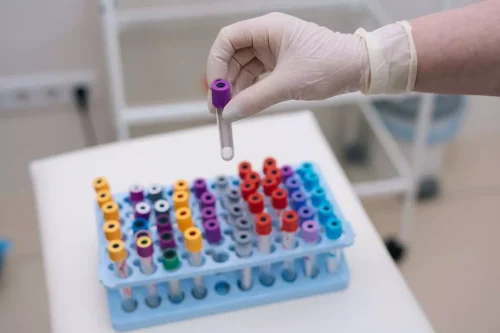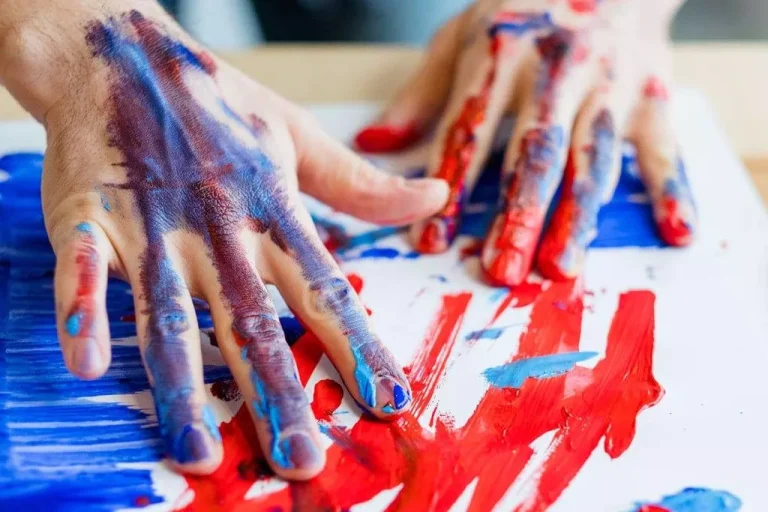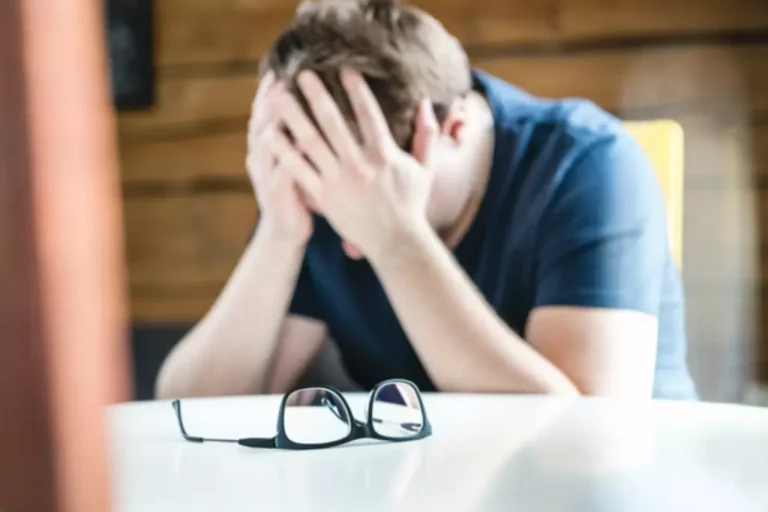
This means that the activities you used to find enjoyable or rewarding (like hobbies, hanging out with friends, or even simple daily tasks) no longer provide the same level of satisfaction or happiness. Dopamine also plays a role in controlling memory, mood, sleep, learning, concentration, and even our ability to have coordinated body movements. You can also find support groups through a therapist, doctor or word of mouth from acquaintances with addiction recovery experience. Traveling can also help you gain a new perspective and appreciate the world. It’s important to remember that traveling in recovery may come with its own set of challenges, such as navigating triggers or finding supportive resources in unfamiliar locations. Planning and staying connected with your support network can help ensure a safe and enjoyable trip.
Signs of Becoming an Almost Alcoholic
For example, sometimes boredom feels like a need to do something more challenging but at other times we get bored if something is too demanding, such as a difficult lecture at university. The authors use the term Goldilocks to describe this idea of having a level of engagement that is “just right” and boredom as a signal that we are not achieving this optimum. https://ecosoberhouse.com/ The framework is also applied to explain why some people get bored more often than others. Someone could be prone to boredom if they have unrealistically high expectations about how engaging tasks will be, for example thinking everything they do will be fun and meaningful. Eventually, feeling bored all the time leads to increased alcohol consumption.
Physical Exercise and Outdoor Activities
Boredom and binge drinking often go hand-in-hand, as drinking alcohol to pass the time and relieve boredom is a common occurrence. Two of the main reasons given for this were stress and boredom. Stress due to the pandemic is especially significant, as those who reported feeling stressed also reported drinking more over more days, compared with others. We publish material that is researched, cited, edited and reviewed by licensed medical professionals. The information we provide is not intended to be a substitute for professional medical advice, diagnosis or treatment.
- Getting drunk did not magically change the dynamics of that situation.
- In addition, the editor of this article has spent the last 15 years as a health editor, covering all things health, fitness, nutrition, and wellness and adheres to the highest journalistic standards.
- But these judgments that we can make about ourselves are rarely fair or accurate.
- I found myself planning little outings when I got sober because I needed to figure out what it meant to have fun again.
- There can be a bit of stigma around boredom, but it can also fuel so much creativity.
- It could be anything from painting or playing a musical instrument to cooking or gardening.
Alcohol artificially boosts serotonin and dopamine in your brain.
- Lower dopamine levels may make your day-to-day actions less exciting or rewarding.
- But the problem with the latter is they are unnatural.
- In this post, we explore the science behind boredom and what research can tell us about how to overcome it.
- With time, you’ll start to develop that aforementioned tolerance, which means you have to increase the amount you drink to get the desired effect.
Instead of the person feeling like they are jetting down a runway at 200 miles per hour, it feels like life is moving in slow motion. Exercise is widely recognized as a natural mood booster and can help combat boredom or depression. Outdoor sports activities such as hiking, biking, and swimming can also provide an opportunity to connect with nature and experience new challenges. In more severe cases, drinking out of boredom can lead to severe alcohol abuse disorders. Starting to drink gradually might be considered normal or appropriate, but it can quickly create a dependence and lead to a severe drinking problem. If those thoughts are very negative, then hanging out in your own brain isn’t going to be a great experience.
Sure, having a single drink while alone might not seem like a problem if you eat well and exercise. But if you add it to the drinks you have with friends and that drinking because of boredom everyday glass of wine with dinner, your total number of weekly drinks can increase rapidly. “Alcohol is a monkey wrench in our homeostasis,” says Dr. Mosquera.

Quick Start Preparation Course (FREE)
- Finding interesting articles and talking to my coworkers about them, or finding funny videos to share was fun.
- That overcorrection is what you’re probably feeling right now.
- Pfattheicher, S., Lazarević, L. B., Westgate, E. C., & Schindler, S.
- People may turn to alcohol as a way to cope with these negative emotions, but in doing so, they may be putting their mental health at risk.
- Meet and connect with such people regularly and let them know when you are feeling down or lonely.
- By sitting with one’s boredom and using these mindfulness skills, the boredom loses its power and control.
There are many ways to practice mindfulness, such as meditation, yoga, or simply taking a few deep breaths and centering yourself when you feel overwhelmed or bored. Find a support group and make contact with them regularly. This consistent connection will help foster healthy relationships in recovery with people who can support you and what you’re going through in the present moment.
There’s also likely to be some weight loss within a month, due to the absence of the calories you were ingesting in alcohol (as long as you haven’t swapped them for equally high-calorie comfort foods). After just seven days without alcohol, your immune system starts bouncing back. While you might not notice it, your hormones are starting to improve as well, with libido and sexual function revving back up. While heavy drinkers are the only ones who experience liver effects from alcohol, the improvements can be felt very quickly. “If you’re a heavy drinker, this is where your liver health starts rebounding,” says Dr. Mosquera. What’s more, alcohol also suppresses the amygdala, a structure deep in the brain known for sparking feelings of fear and anxiety.
What happens to your body when you stop drinking?

It should not be used in place of the advice of your physician or other qualified healthcare providers. Exercise is a powerful way to rebuild your body in recovery and a healthy coping skill. It’s a way to care for yourself by committing to a practice that releases positive, mood-enhancing endorphins and alleviates stress. Finding a new activity and hobby such as working out can provide something to look forward to each day. Reflect on your drinking patterns and keep track of them to identify your boredom drinking triggers.

